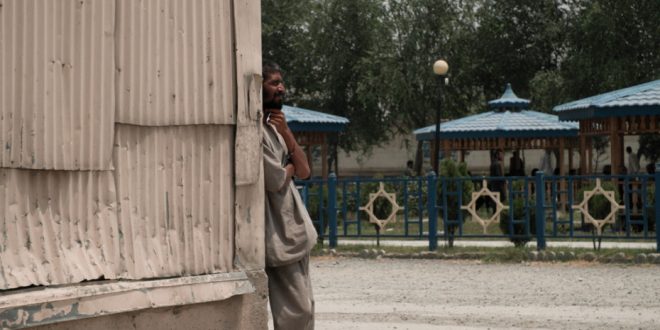KABUL – Afghanistan faces an alarming public health crisis as a surge in synthetic drug use, particularly methamphetamine, threatens to overwhelm its fragile healthcare system. A report by the United Nations Office on Drugs and Crime (UNODC), conducted in collaboration with the UN Development Programme (UNDP), reveals significant gaps in the country’s ability to address substance use disorders. Despite treatment services being operational in 32 of Afghanistan’s 34 provinces, the system is plagued by chronic shortages of medical supplies, underfunded infrastructure, and a severe lack of trained personnel.
The report exposes a troubling gender disparity in access to care, with only 17 percent of facilities dedicated exclusively to women and many provinces offering little to no services for female patients. Over 72 percent of treatment centres are already operating at or near full capacity, yet many lack essential resources, including naloxone, a life-saving medication for opioid overdoses. Compounding the crisis, the country’s treatment infrastructure remains overly reliant on resource-intensive residential care, leaving rural and underserved populations with few options.
Afghanistan’s drug landscape is undergoing a significant shift. While opiates like heroin and opium continue to drive most treatment admissions, methamphetamine-related cases are rising rapidly, complicating treatment needs and further straining resources. This trend is occurring alongside a fluctuating opium production market, which saw a 30 percent increase in 2024 to 433 tonnes but remains far below pre-2022 levels following a nationwide drug ban by the de facto authorities.
The UNODC warns that without targeted interventions, the proliferation of synthetic drugs could exacerbate Afghanistan’s public health crisis. Ghada Waly, Executive Director of UNODC, stressed the urgency of coordinated global efforts to prevent Afghanistan from becoming a hub for synthetic drug production. The report underscores the need for expanded gender-sensitive services, investment in infrastructure and medical supplies, and a shift toward community-based care models to make treatment more accessible.
The findings call for immediate collaboration between Afghanistan’s de facto authorities and the international community to prevent the worsening of an already critical situation. Without swift action, the country risks a deeper public health emergency with devastating consequences for its most vulnerable populations.
 Afghanistan Times
Afghanistan Times




